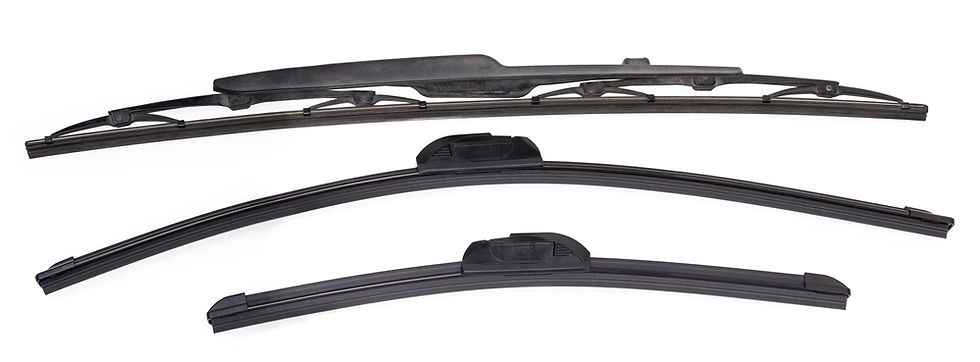How to diagnose and fix the problem if your car jerks when accelerating
- ashley6583

- Oct 10, 2022
- 3 min read
How to diagnose and fix the problem if your car jerks when accelerating
If your car jerks when accelerating, it could be a sign of a serious problem.Jerking can be caused by a number of different things, including a problem with the spark plugs, the fuel injectors, or the ignition system.If your car is jerking while you are driving, it is important to have it diagnosed and repaired as soon as possible.continue reading to learn more about the potential causes of a car that jerks when accelerating, as well as what you can do to fix the problem.
What is car jerking?
Car jerking is usually caused by a problem with the engine, although it could also be caused by a problem with the transmission, brakes, or tires. The most common cause of car jerking is a misfire in the engine, which can be caused by a variety of factors. If your car jerks when accelerating, it is important to have it diagnosed and repaired as soon as possible, as it could be unsafe to drive.
Causes of car jerking
There are several reasons why your car might jerk when you accelerate. It could be something as simple as dirty spark plugs, or it could be a more serious issue like a sensors or an engine problem. Here are some of the most common causes of car jerking: Dirty spark plugs: Dirty orworn-out spark plugs can cause your car to jerk when accelerating because they can't provide the spark needed to Ignite the air/fuel mixture in the cylinders. O2 sensor failure: Afailed oxygen sensor can cause your car to jerk because it can't adjusted the air/fuel mixture properly. This can lead to Rich or Lean Air/Fuel mixtures, which can cause jerking and hesitation. Mass airflow sensor failure: Afailed mass airflow sensor can also cause your car to jerk because it can't adjust the air/fuel mixture properly. This will usually result in a Lean Air/Fuel mixture, which can cause jerking and hesitation. Throttle position sensor failure: Afailed throttle position sensor can also cause your car to jerk because it won't be able to adjust the air/fuel mixture properly. This usually results in a Rich Air/Fuel mixture, which can cause jerking and hesitation. Fixing a car that jerks when accelerating is often a simple matter of replacing dirty or worn-out parts, such as spark plugs, oxygen sensors, mass airflow sensors, or throttle position sensors. However, if these parts are not the problem, then it's likely that there is a more serious issue with your car's engine that will need to be diagnosed and repaired by a mechanic.
How to diagnose the problem
If your car jerks when accelerating, there are a few potential causes. The most common cause is a misfire in the engine. This can be caused by a problem with the spark plugs, the ignition system, or the fuel injection system. If one or more of the cylinders is not firing properly, it can cause the car to jerk. Another potential cause is a problem with the transmission. If the transmission is slipping, it can cause the car to jerk when accelerating. This is usually caused by a problem with the clutch or gearshift forks. Also, a clogged fuel filter can cause jerking when accelerating. If the filter is clogged, it will restrict the flow of fuel to the engine and can cause it to misfire.
How to fix the problem
If your car jerks while accelerating, it could be a sign of a few different problems. The most common cause is a problem with the spark plugs or fuel injectors, but it could also be a problem with the transmission, brakes, or tires. If you're not sure what's causing the problem, take your car to a mechanic and have them diagnose the issue.
Conclusion
"If your car jerks when accelerating, it could be a sign of a problem with your engine. If the problem is not fixed, it could lead to engine damage. There are a few things you can do to diagnose and fix the problem. First, check your air filter. If it is dirty, replace it. Next, check your spark plugs. If they are worn, replace them. Finally, check your fuel system. If there is dirt or debris in the fuel line, clean it out."




Comentarios